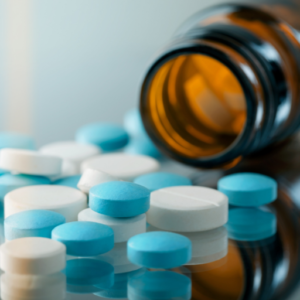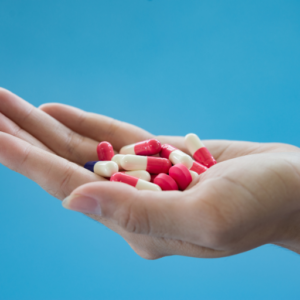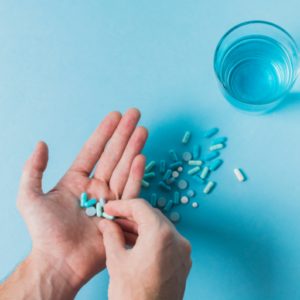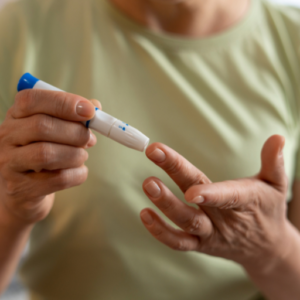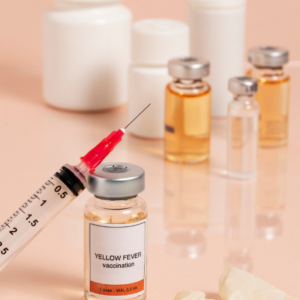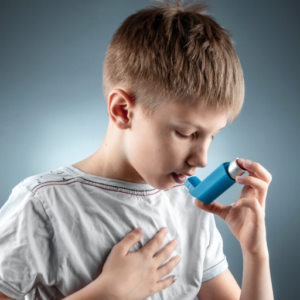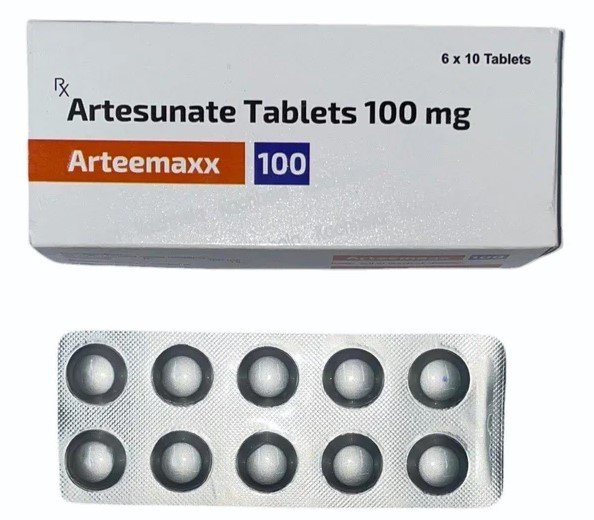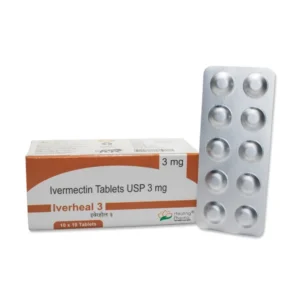Arteemaxx 100mg
| Package | Per tablet | Savings | Price |
|---|---|---|---|
| 180 tablets | $0.6 | $36.9 | $144.9 $108 |
| 150 tablets | $0.62 | $27.75 | $120.75 $93 |
| 120 tablets | $0.63 | $20.6 | $96.6 $76 |
| 90 tablets | $0.67 | $12.45 | $72.45 $60 |
| 60 tablets | $0.72 | $5.3 | $48.3 $43 |
| 30 tablets | $0.8 | – | $24.15 |
What is this medicine?
ARTEEMAXX 100 mg contains artesunate, a semisynthetic derivative of artemisinin (from Artemisia annua). It’s a potent antimalarial, used to treat uncomplicated Plasmodium falciparum malaria, and often is part of artemisinin-based combination therapy (ACT) .
What should I tell my health care provider before I take this medicine?
They need to know if you have any of these conditions:
-
Allergy to artesunate, any artemisinin derivatives, or inactive tablet ingredients.
-
Liver or kidney disease—data are limited, so caution is advised .
-
Heart rhythm problems—use cautiously with drugs that prolong QT interval .
-
Pregnancy or breastfeeding—usually safe in 2nd/3rd trimester or when benefits outweigh risks; first-trimester use requires provider guidance .
Also inform them of:
-
Using other antimalarials, especially ACT components (e.g., mefloquine, amodiaquine) .
-
Drugs affecting CYP enzymes (e.g., rifampin, antiepileptics, certain antibiotics) that may alter artesunate levels .
-
Using hormonal contraceptives—efficacy may be reduced .
How should I use this medicine?
-
Adults & children ≥20 kg: 4 mg/kg orally once daily for 3 days, always in combination therapy (e.g., artesunate/amodiaquine or mefloquine) to prevent resistance .
-
Adult dose for tablets: Day 1 – two 100 mg tablets (200 mg), then Days 2–5 – one tablet (100 mg) daily .
-
Always take with food (ideally fatty meal) to improve absorption .
-
Overdosage: uncommon; if suspected (e.g., nausea, dizziness), seek medical care .
-
Do not share medication.
What if I miss a dose?
-
Take it as soon as you remember, unless it’s almost time for the next dose—then skip and continue on schedule.
-
Never double dose to make up for a missed one.
What may interact with this medicine?
-
Other antimalarials (e.g., mefloquine, amodiaquine) – necessary partners in ACT .
-
CYP inducers (e.g., rifampin, phenobarbital, phenytoin) – may decrease artesunate levels .
-
CYP inhibitors or P‑gp inhibitors – may increase drug levels .
-
QT‑prolonging drugs or hormonal contraceptives – watch for interaction and reduced efficacy .
Provide your provider with all medications, herbs, supplements, and alcohol use.
What should I watch for while using this medicine?
-
Always use in combination therapy—ART monotherapy may lead to resistance .
-
Monitor liver function and blood counts—notably during extended therapy .
-
If combined with QT‑prolonging drugs, watch for signs of arrhythmia .
-
In pregnancy, ensure malaria is treated promptly and effectively .
What side effects may I notice from this medicine?
Serious – report immediately:
-
Allergic reactions (rash, breathing difficulty, swelling)
-
Liver inflammation/jaundice (yellowing of skin or eyes, dark urine)
-
Delayed hemolytic anemia (occurring ~1–2 weeks post-treatment)
-
QT prolongation or arrhythmias—especially if combined with other QT drugs
Common mild side effects:
-
Nausea, vomiting, abdominal pain, diarrhea, dizziness, headache
-
Blood changes: anemia, low platelets, liver enzyme elevation
Where should I keep my medicine?
-
Store at room temperature below 30 °C, protected from light and moisture .
-
Keep out of reach of children.
-
Dispose safely after expiration to protect the environment .




